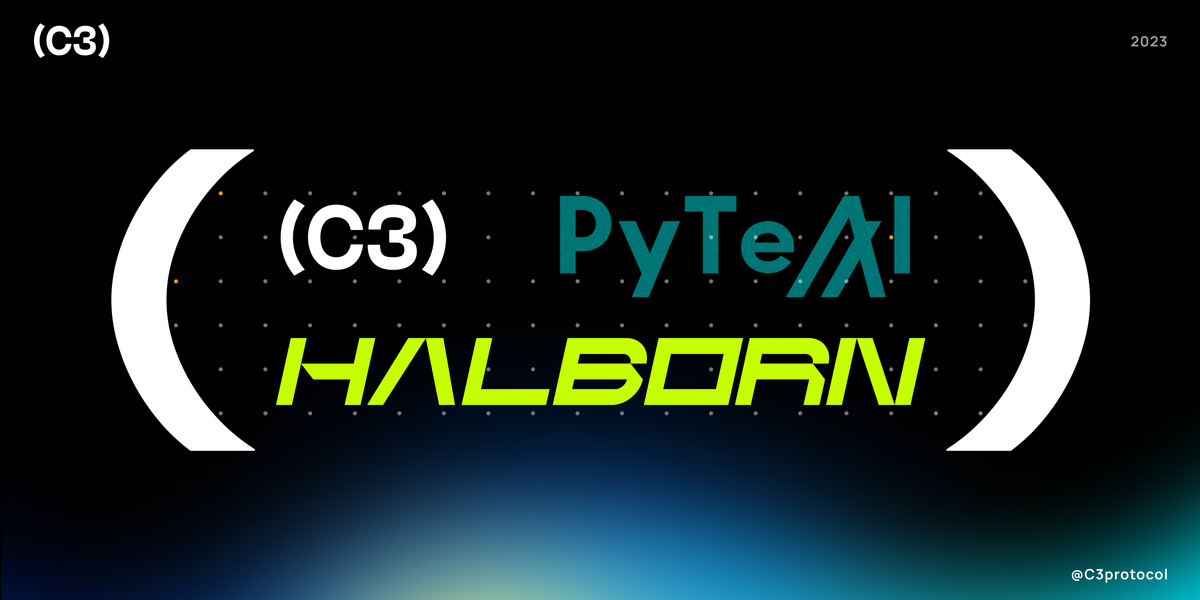C3's PyTeal Smart Contracts: Security Assessment Highlights

Understanding the Security Assessment of C3's PyTeal Smart Contracts: Key Insights and Findings
In October 2023, C3 embarked on an important journey to enhance the security of their PyTeal smart contracts. We roped in Halborn, a reputable firm known for its expertise in blockchain and smart contract security. Over a period of about a month, Halborn's skilled team delved deep into the vesting module of C3's smart contracts, employing a blend of manual and automated testing methodologies.
Why Was This Assessment Necessary?
The goal was clear: ensure the smart contracts operate as intended and identify any potential security vulnerabilities. This was crucial for C3 to maintain the trust of their users and to uphold the integrity of their platform.
Could you tell me a little bit about Halborn?
Halborn is a leading blockchain security firm that helps organizations secure their Web3 applications, infrastructure, and assets. Halborn's team of experts has a deep understanding of the unique security challenges facing the blockchain industry and is committed to helping clients protect their users and assets. Halborn has worked with some of the biggest names in the blockchain industry, including Solana, Polygon, and Sushiswap. Halborn is committed to helping the blockchain industry grow and thrive by making it a safer place for everyone.
Halborn’s Approach
Halborn’s team, consisting of two full-time security engineers, used a comprehensive approach that included:
- Research into the architecture and purpose of the contracts.
- Static and dynamic analysis using tools like semgrep.
- Manual assessments to uncover any hidden vulnerabilities.
Risk Methodology
The vulnerabilities were evaluated using a detailed risk methodology. This included metrics like Exploitability (focusing on the ease and technical means by which vulnerabilities could be exploited) and Impact (consequences of successful exploits). Each vulnerability was then assigned a severity score ranging from 0 to 10.
Key Findings
The security assessment conducted by Halborn on C3's PyTeal smart contracts yielded reassuring results. It was found that only non-critical errors were present in the system. These issues, though not severe, were important for maintaining the overall integrity and performance of the smart contracts. The C3 team promptly addressed these errors, demonstrating their commitment to providing a secure and reliable platform for their users.
- Insufficient Validation of Pricecaster Values: The team found that the retrieved price values lacked necessary validations, posing a risk of incorrect data usage. This issue was promptly addressed by the C3 team.
- Signature Mismatch Due to Program Update: Changes in the signature mechanism during a program update were noted. This could potentially lead to transaction verification issues and inconsistencies in the system.
Final Thoughts
The assessment concluded with significant insights and recommendations. C3's prompt response in addressing the identified issues showcased our commitment to security and reliability. It's a reminder of the ongoing need for vigilant security practices in the ever-evolving landscape of blockchain and smart contracts.
If you want to read more about the recent audit, please read the executive summary here.
